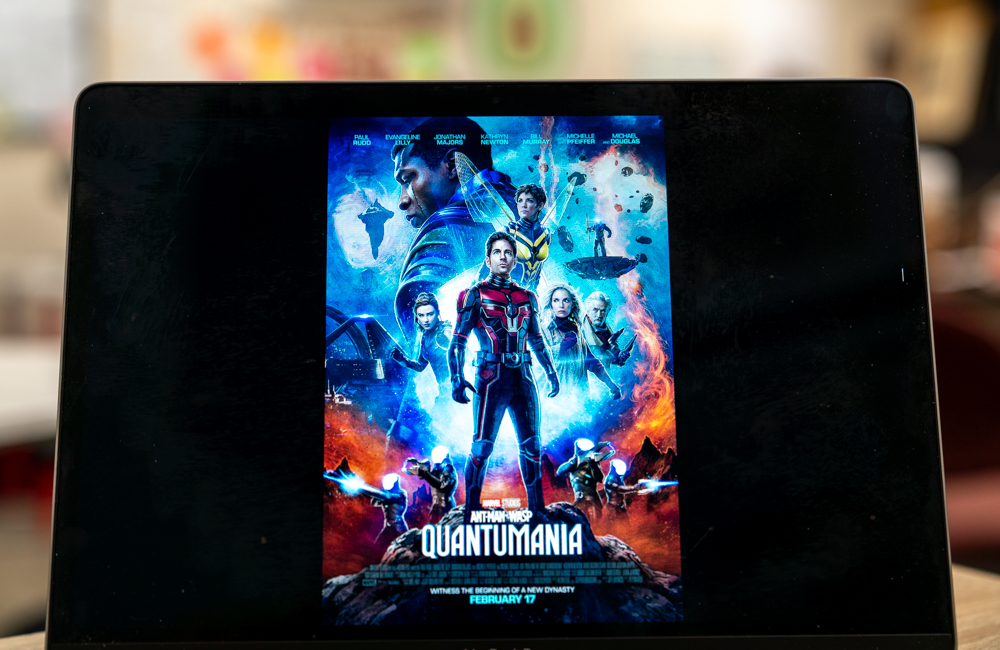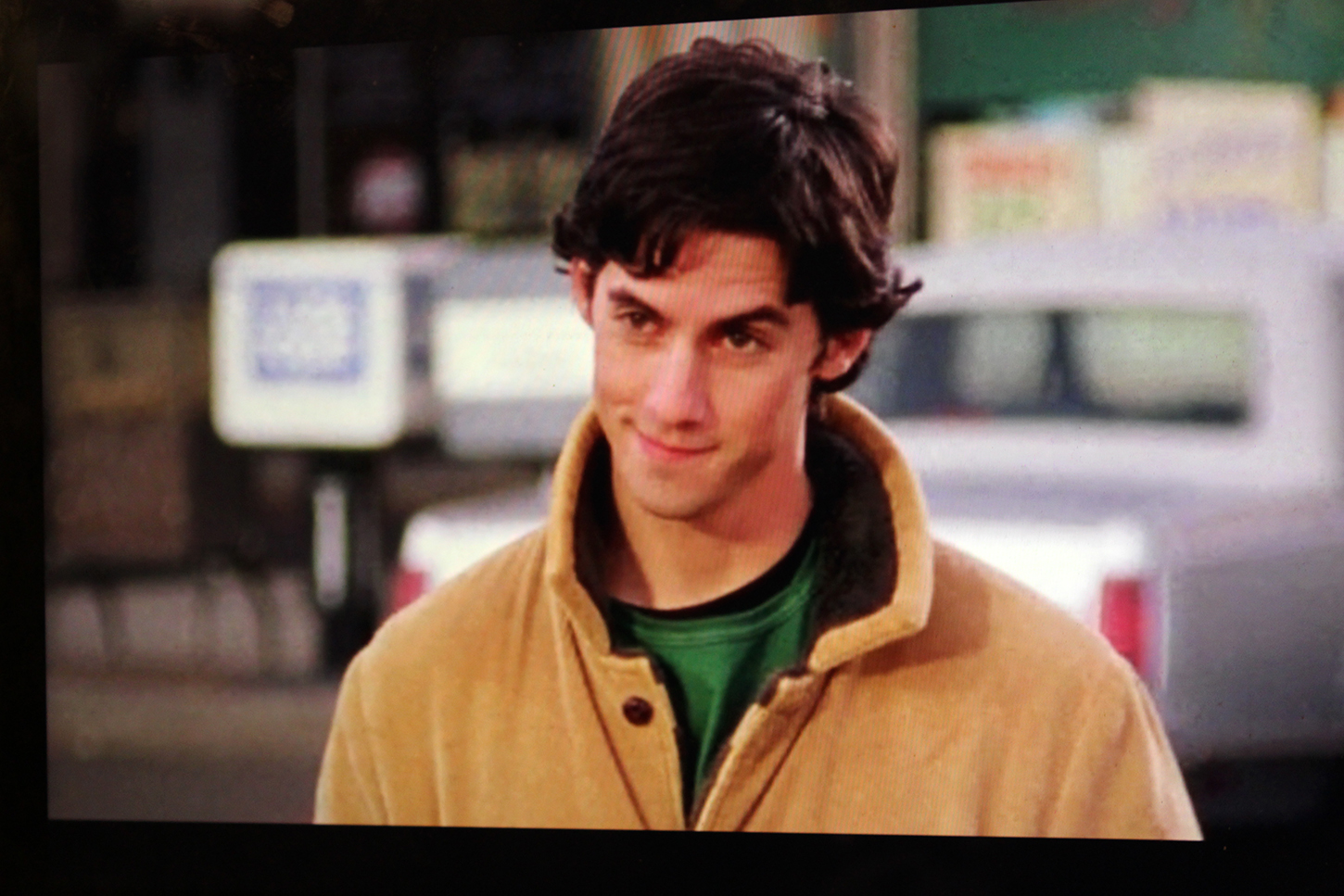Many Americans consider Michael Moore, director of Fahrenheit 9/11 and Sicko, to be a visionary. Others consider him a liberal extremist. The truth lies somewhere in the middle.
Moore’s newest film, Capitalism: A Love Story, is another controversial documentary that will polarize audiences.
Moore said in an interview with The Muse, ‘I’m tired of making movies about different parts of this problem: GM, Haliburton, healthcare, oil, war. I decided this time I would go right to the heart of it and name the problem. It’s capitalism.’
True enough, his latest movie does seem to be a culmination of many of his past films about problems in government and industry. In the wake of the recent financial collapse, he points out in the film that the bailout of the banking and automobile industries is nothing more than a socialist handout for the corporations most against socialist policies.
The film begins with a funny yet disturbing comparison between modern-day America and the Roman Empire in decline. Society is starting to crumble and the extremely wealthy are wielding all the power. This is an interesting comparison in an age where lobbyists and big business are getting more clout and more money in Washington while the lower and middle classes are losing their homes and declaring bankruptcy.
The film takes a lot of twists and turns through the inner workings of Wall Street, Capitol Hill, and the plight of working Americans. The facts he presents paint a bleak picture of an America rife with corruption. He shows and economic system that seems to be failing the majority of people in the country.
When asked what could be done to break this cycle, Moore says, ‘It may be too late. The top 1% of Americans has more money than the bottom 95%, and they’re not going to want to let go of the power they have.’
The film isn’t all gloom and misery though. Moore weaves in much of his usual humor and antics, including trying to wrap the New York Stock Exchange in yellow crime scene tape. The director himself admits he does this in the satirical tradition of Jonathan Swift.
‘Humor is there to be the release valve on the pressure cooker,’ he says. ‘I construct this stuff in the edit room with that in mind’hellip;Humor can be used as a weapon.’
It is almost impossible to judge such a politically charged documentary without involving personal politics, and the film isn’t likely to change many people’s opinions of Michael Moore. What it will do, though, is get you thinking. Capitalism gives a fresh and intriguing perspective on the political and economic issues weighing heavily on the American mind, so, no matter where you fall on the political spectrum, it’s worth a look.































































































































